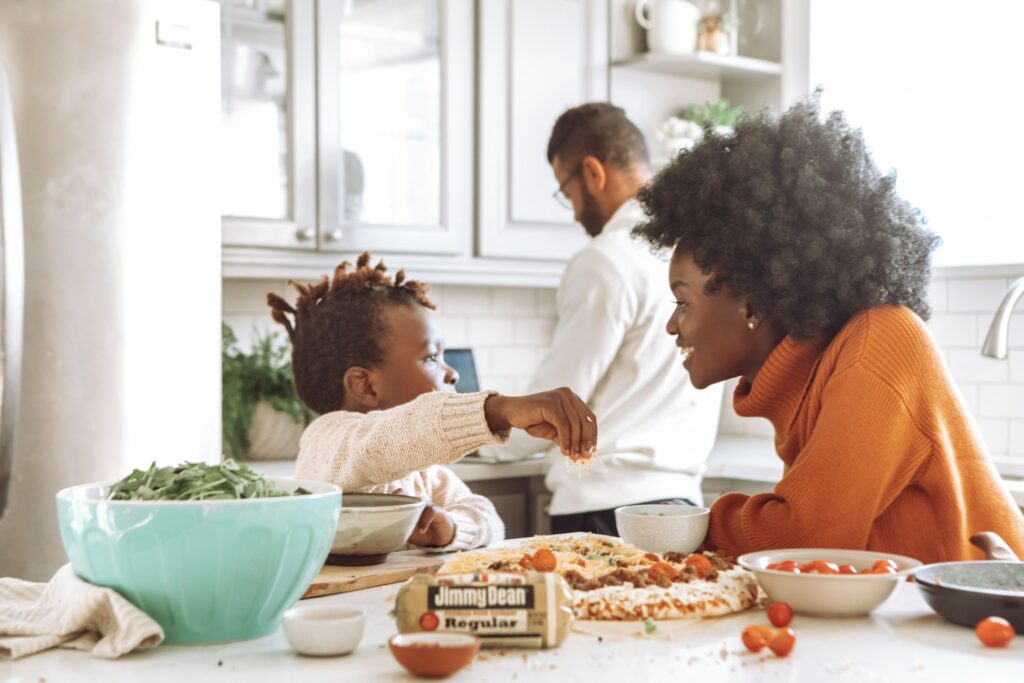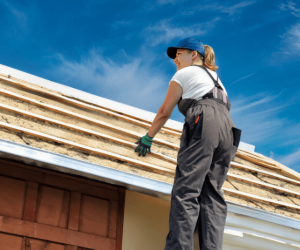Accidents can happen anywhere, but we’re more likely to experience them at home because that’s where we relax. We feel comfortable, so we pay less attention.
But you don’t have time to deal with the injuries we get at home; you have to go to work, spend time with your family, relax and talk with your lawyer who’s determining liability in a San Diego airbag accident claim.

Luckily, many of these injuries can be completely prevented, and the following advice will help you do just that.
Slips and Falls
Slips and falls are one of the most common accident types in general. It’s pretty easy for something to trip us up at any age, though young children and older folks are more likely to deal with these challenges.
To prevent these, keep the floors clear. Misplaced objects like papers or clothing can make it easier to lose your footing and fall. Also, keep all areas of the home well-lit. If areas are extra dark and have no built-in light fixture, try adding your own. You could plug motion-activated lights into outlets in these dark areas to light them up, or plug lamps in if a larger room has poor lighting.
Bathrooms should have non-slip mats to keep the floor dry without becoming their own hazard. Important kitchen utensils should be easy to reach, and a few non-slip mats to catch spills may not be a bad idea.
And, of course, all stairs, inside or outside, should be kept free of clutter. There’s a lot more you can do to prevent slips and falls, but even just taking these steps will decrease the chances of you getting seriously hurt by quite a bit.
Burns
Being careful in the kitchen is the best way to avoid getting burns. Wear oven mitts or heat-resistant gloves when you have to touch hot pans, and keep your arms as far away from any heat source as possible as these typically are not covered by the mitts or gloves.
Keep a fire blanket and fire extinguisher near any heat source so that if a fire does start, you have an answer close by. You can minimize the damage and avoid panic by doing this. Also, check your fire extinguishers every once in a while and replace them as quickly as possible when they expire.
Sunburns are also pretty easy to get when you’re relaxing in the backyard or on the porch in summer. There are a few ways to do this, with the most well-known being sunscreen. While it can be a bit sticky and uncomfortable sometimes, sunscreen is vital to protecting your skin, as sun damage lasts much longer than the sunburn will. You can combine this with shade and protective clothing for even more protection.
Hats that cover and protect your scalp should also be considered, as your scalp can also be sunburned and is much harder to treat due to your hair. The shade from a hat can also help protect your face. And, of course, wear sunglasses. If the sun is bright enough to cause sunburns, it’s probably bright enough to blind you by reflecting off of objects like cars and phone screens.
Cuts
The most common place to get cuts in your home is the kitchen, and it is either down to your handling technique or the knives themselves. While it may seem more dangerous, using sharp knives can actually be beneficial as you won’t struggle as much to cut the food.
When you are cutting anything, keep the knife blade facing away from your body. This not only means to never cut upward or backward but also to be aware of your fingers so they can avoid the blade as well.
When cleaning knives, always keep a firm grip on the handle and wash and dry the blade thoroughly. And always remember the saying, “A falling knife has no handle,” which means to never catch a falling knife because you have no idea where the handle is.
If you drop your knife, simply try to move your feet out of the way and let it fall. It’s better to wash a fallen knife than to clean a wound caused by said knife.
Choking
Choking is probably the scariest accident you can encounter at home. The good news is that it’s easily preventable in most cases. The biggest thing is to avoid talking or laughing when chewing or swallowing.
You likely spend your meals with your family or friends, and you all catch up and crack jokes. This is completely fine; just don’t share your story while you have food in your mouth. If you think a joke is coming, hold off on getting that drink of water or taking that next bite. If you do start to laugh while chewing, try to spit the food or drink out.
If this happens while swallowing, try and focus on that for a bit. If it doesn’t work and you do start choking, place your hands on your throat to signify that you’re choking and try to stand up. Then, relax as much as you can while someone performs the Heimlich maneuver.
Sometimes, you’ll start to choke while you’re alone. When this happens, begin performing the Heimlich maneuver on yourself as quickly as possible. Make a fist with one hand and place your thumb under your ribcage, then cover this hand with the other.
From here, you either need to push inward and upward with your own strength alone or with the aid of something like a chair. Keep doing this until your airway is clear. If this doesn’t seem like it’s working, quickly get yourself outside with the chair and continue performing it there. Someone will notice and come over to see what’s wrong.
Bruises
Bruises tend to be a result of harsh slips and falls or accidentally running into things. Unless you’ve begun bruising really easily recently, there’s not a whole lot to worry about with bruises; they may be sensitive when they first form, though this goes away pretty quickly, they fade quickly and ultimately heal without too much fuss.
Aside from preventing falls, the only other thing you can do to prevent bruises is to watch where you’re going so you don’t bump into walls, doorways, furniture, etc. as much. If you do get a bruise and want it to heal faster, try raising the area, applying an ice pack wrapped in a towel to it for twenty minutes or so, and resting it as much as possible.



